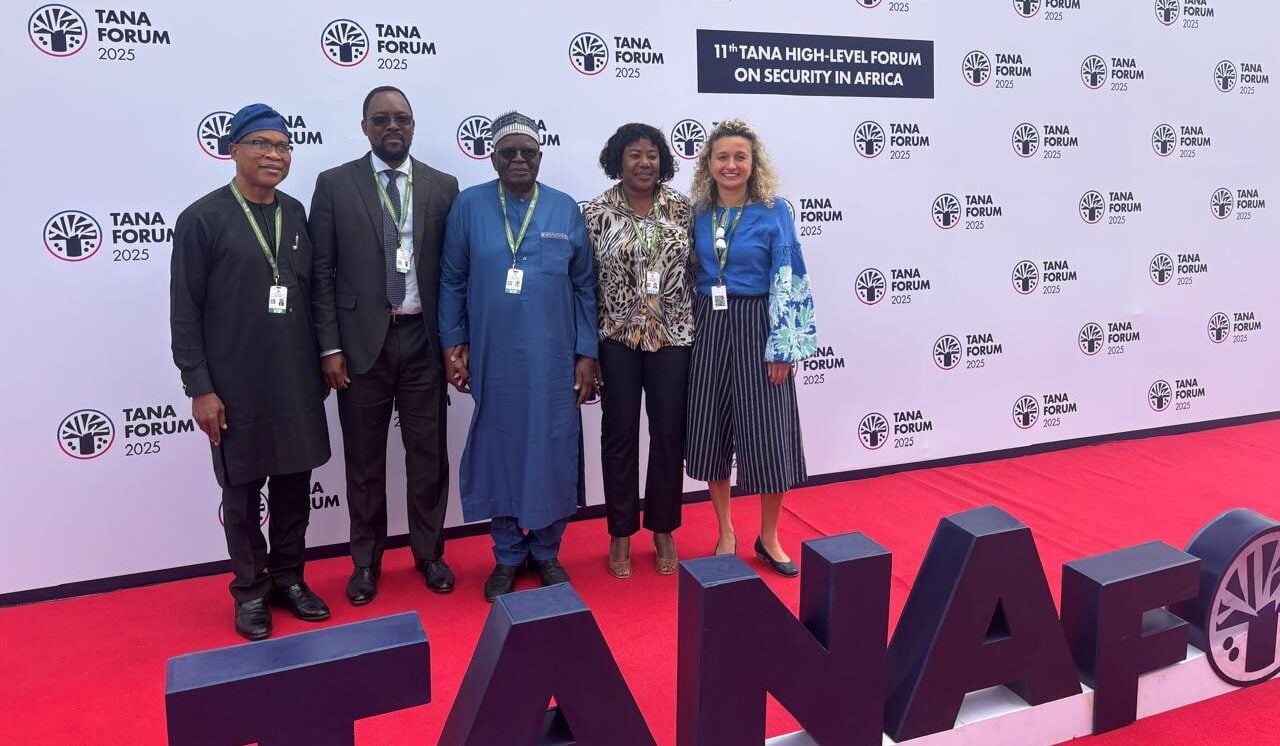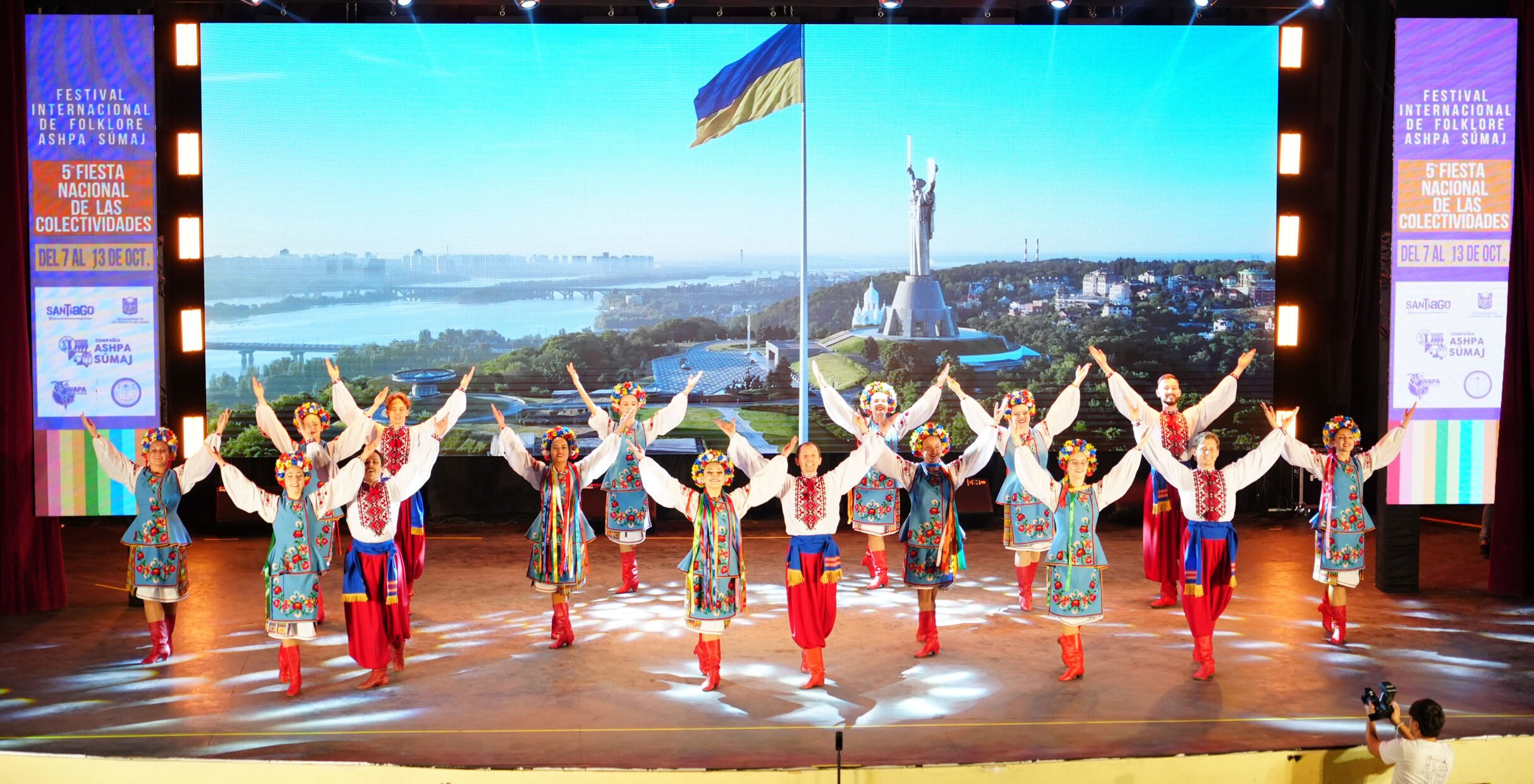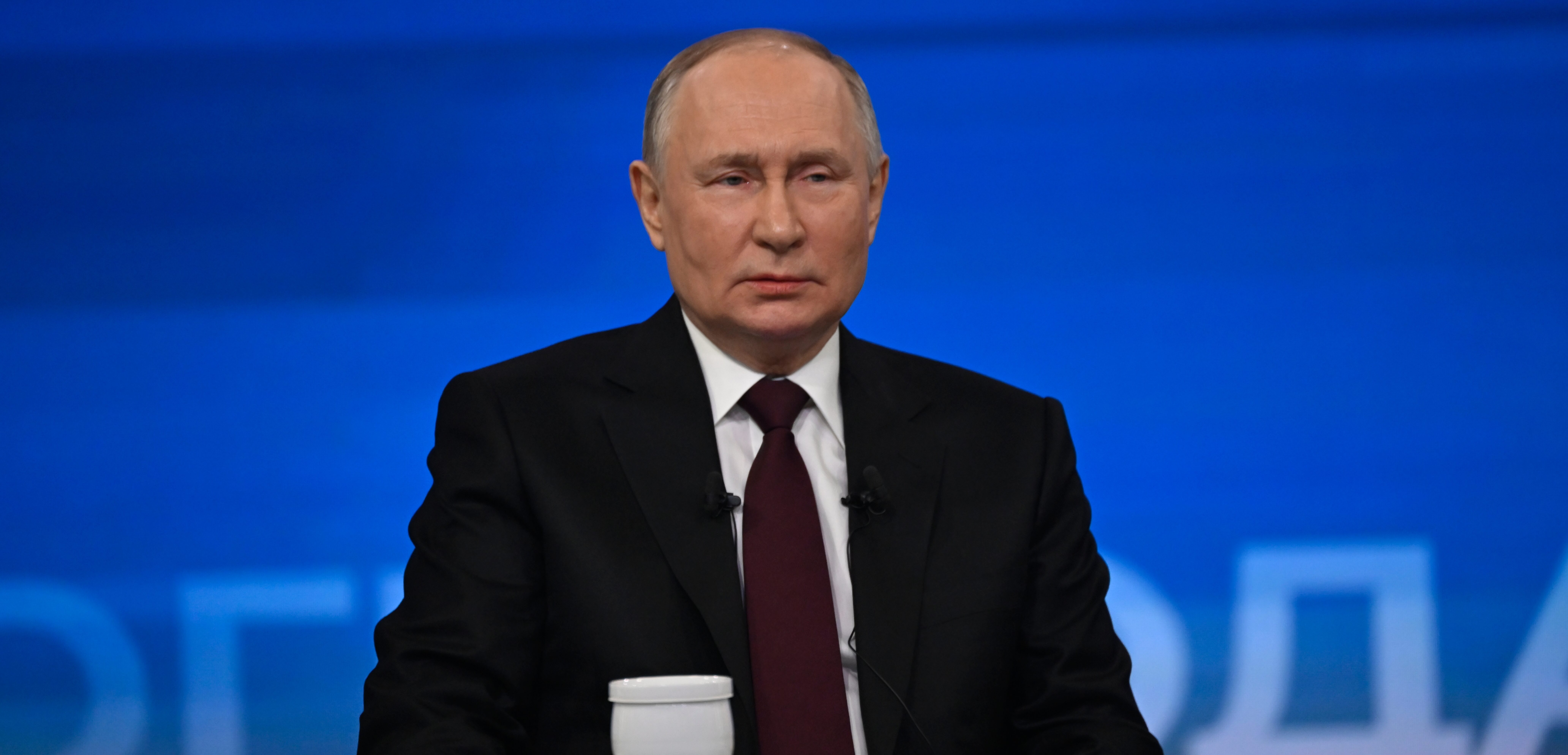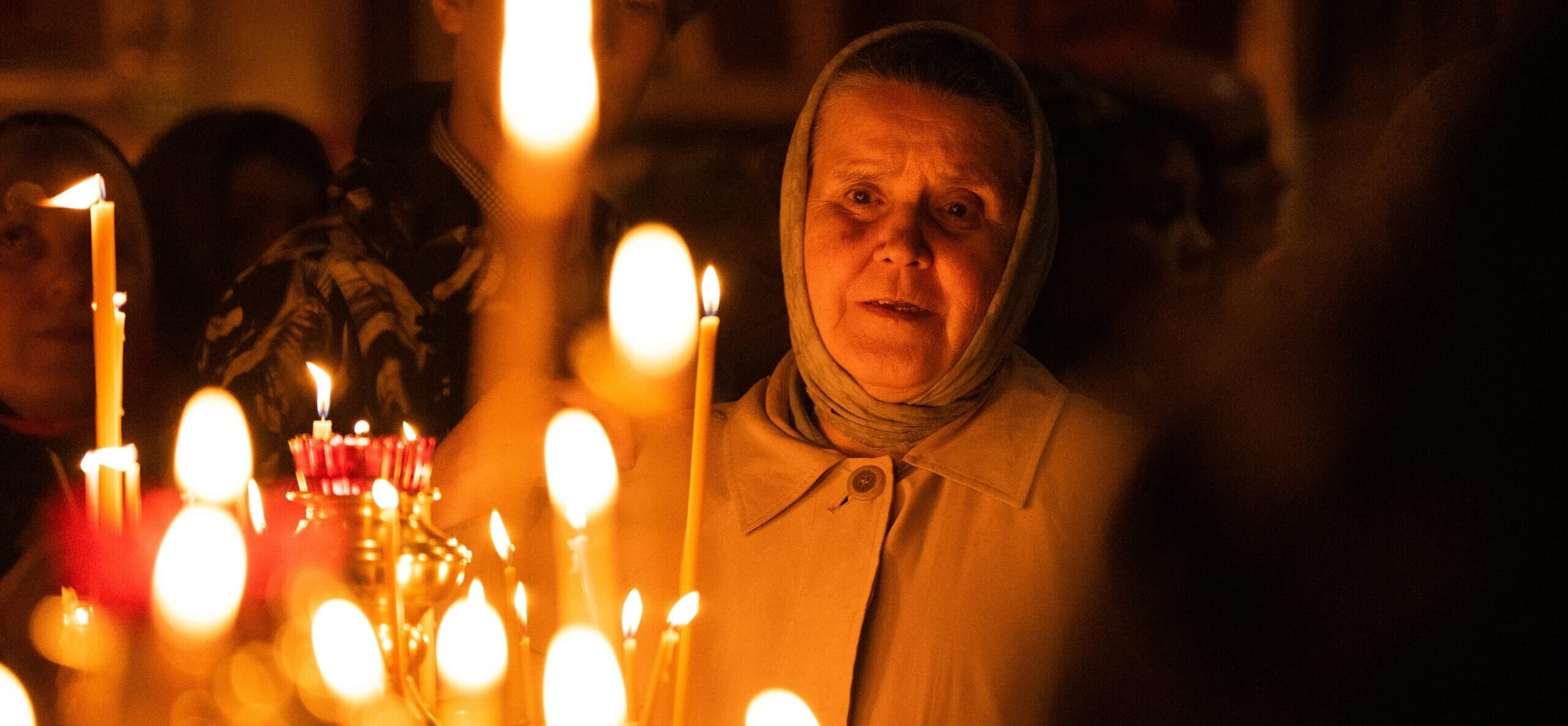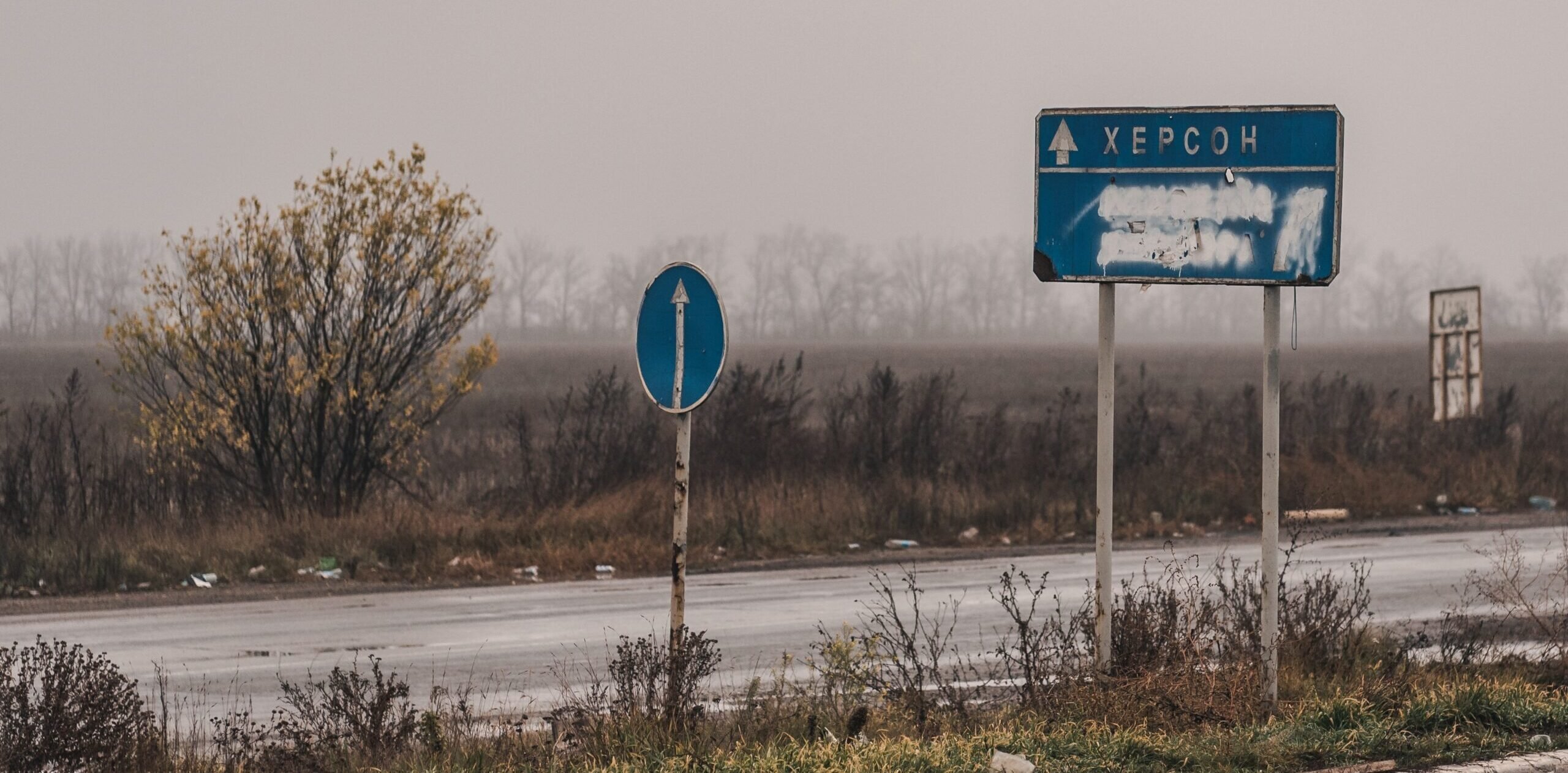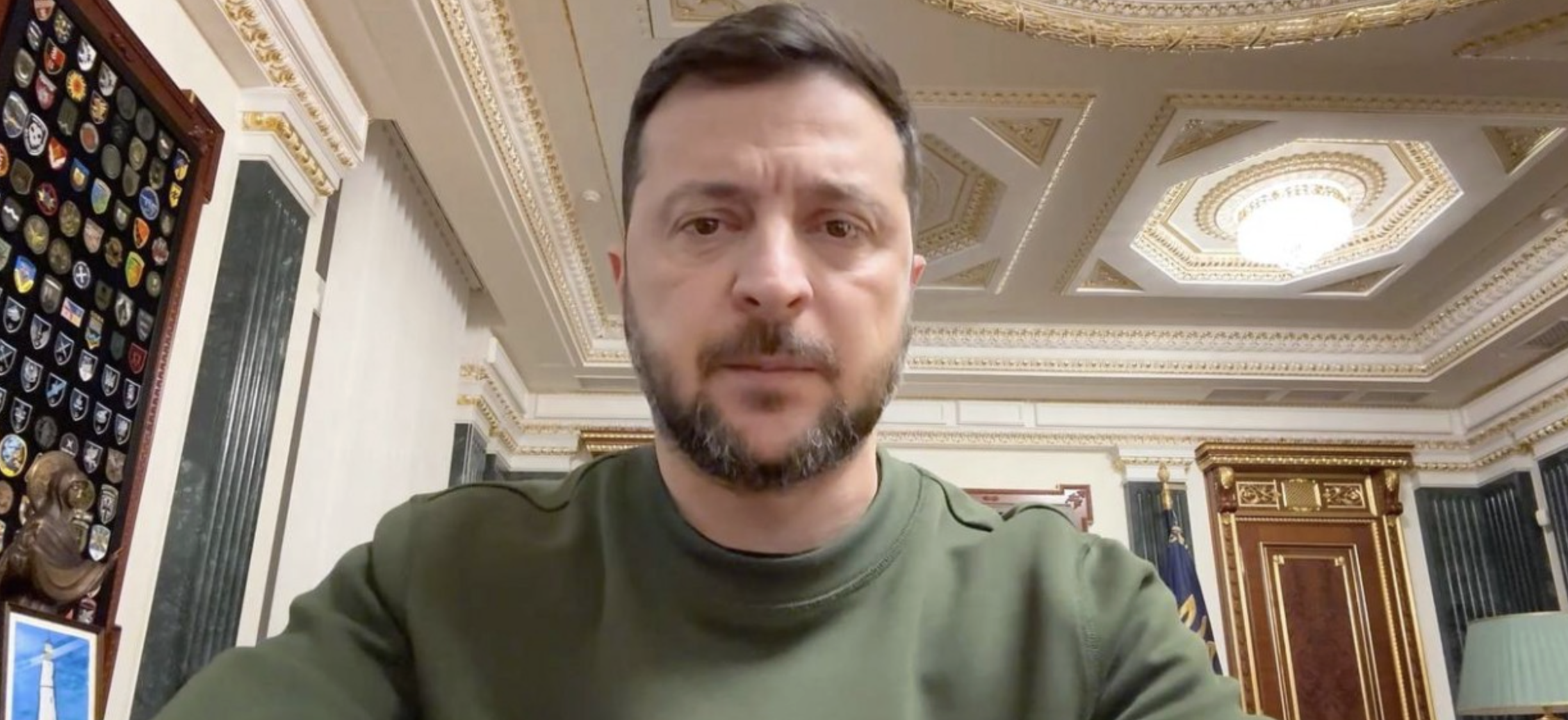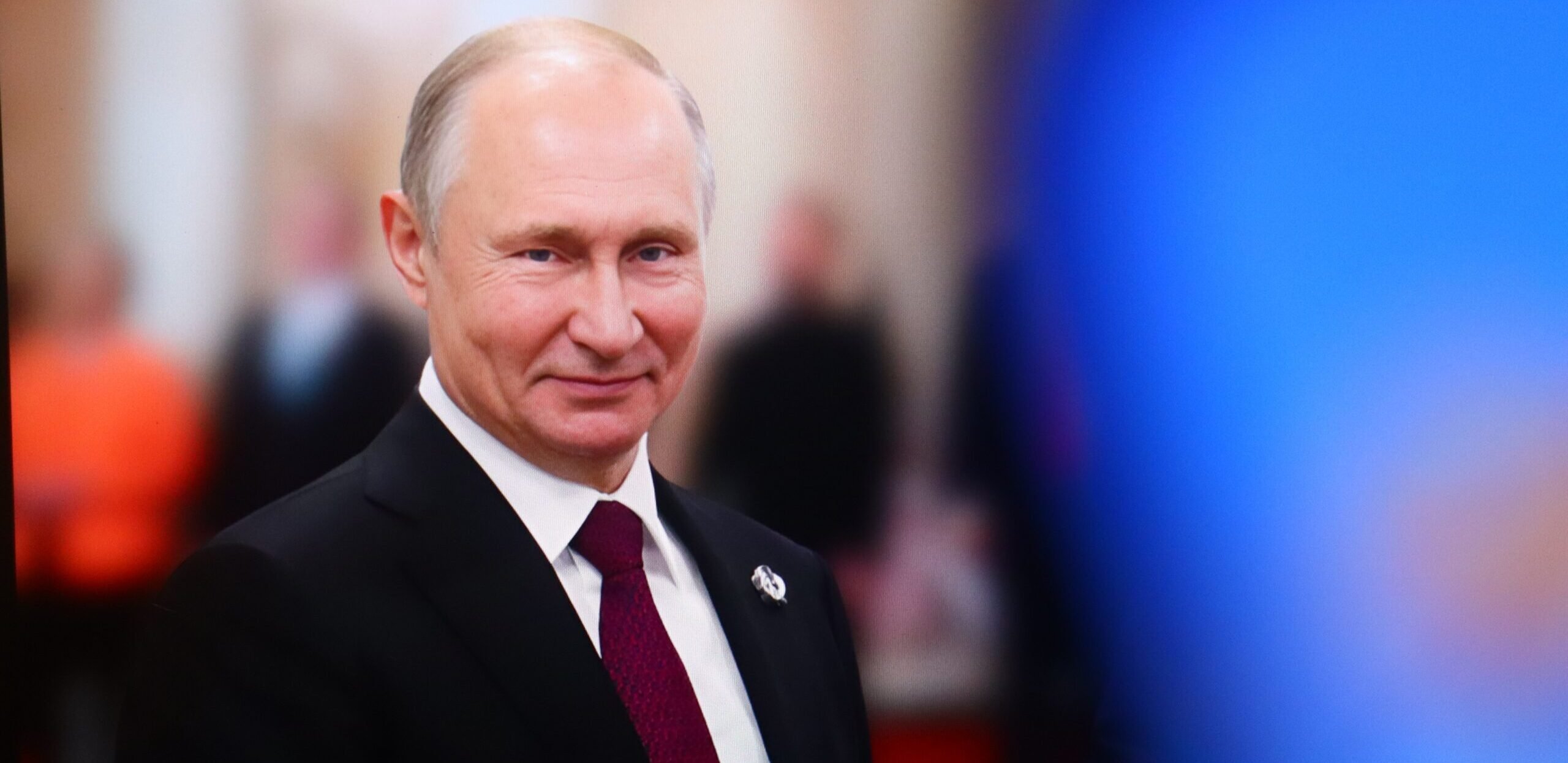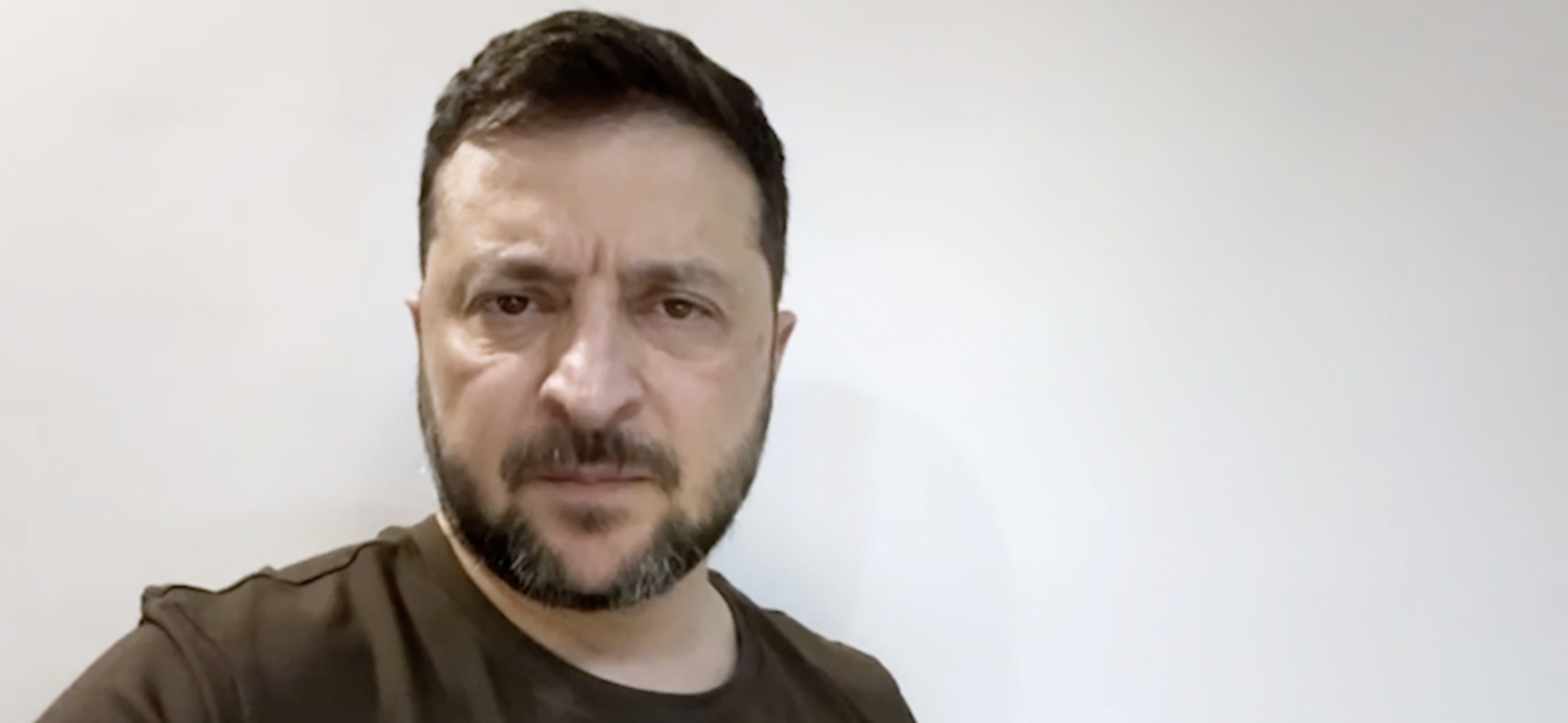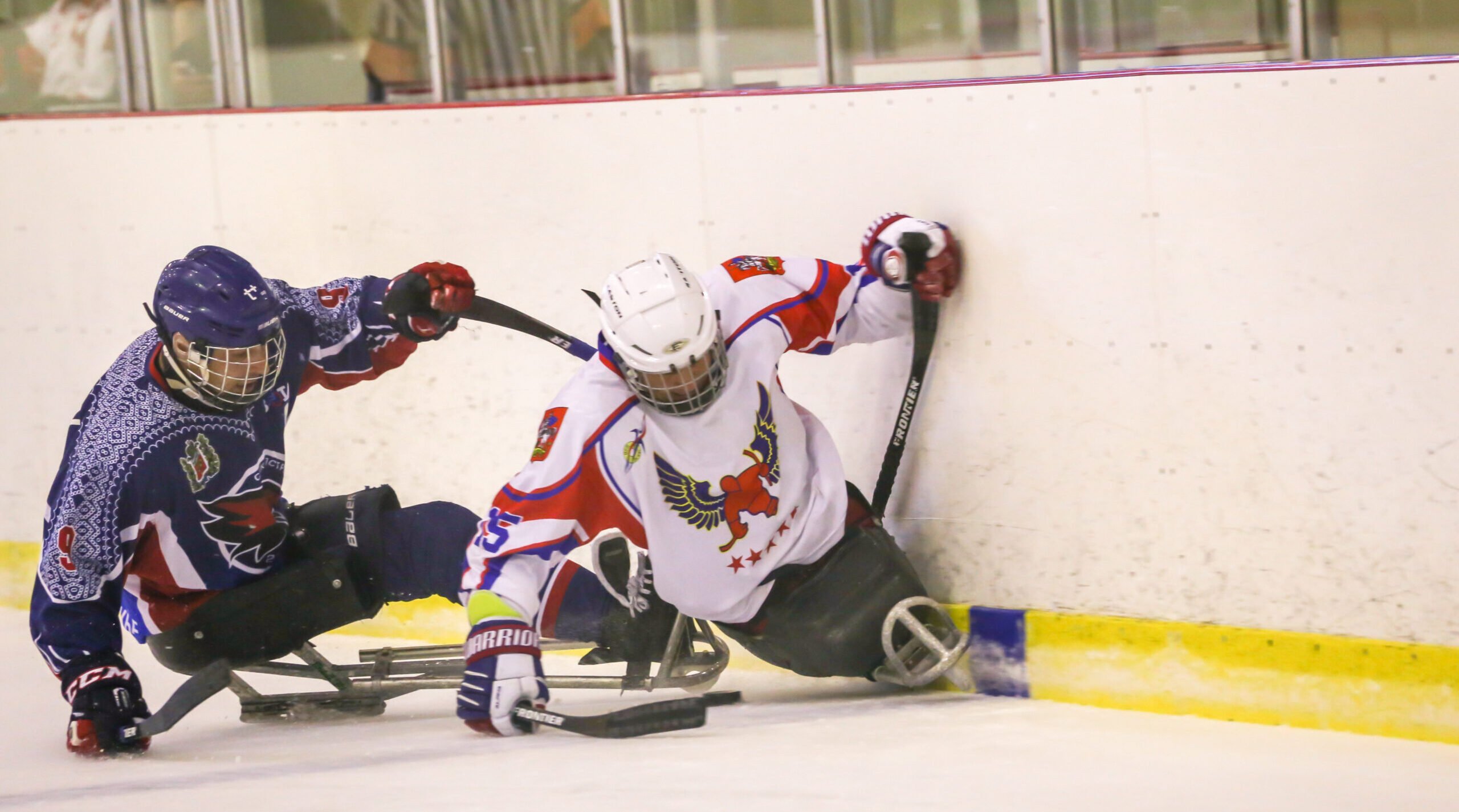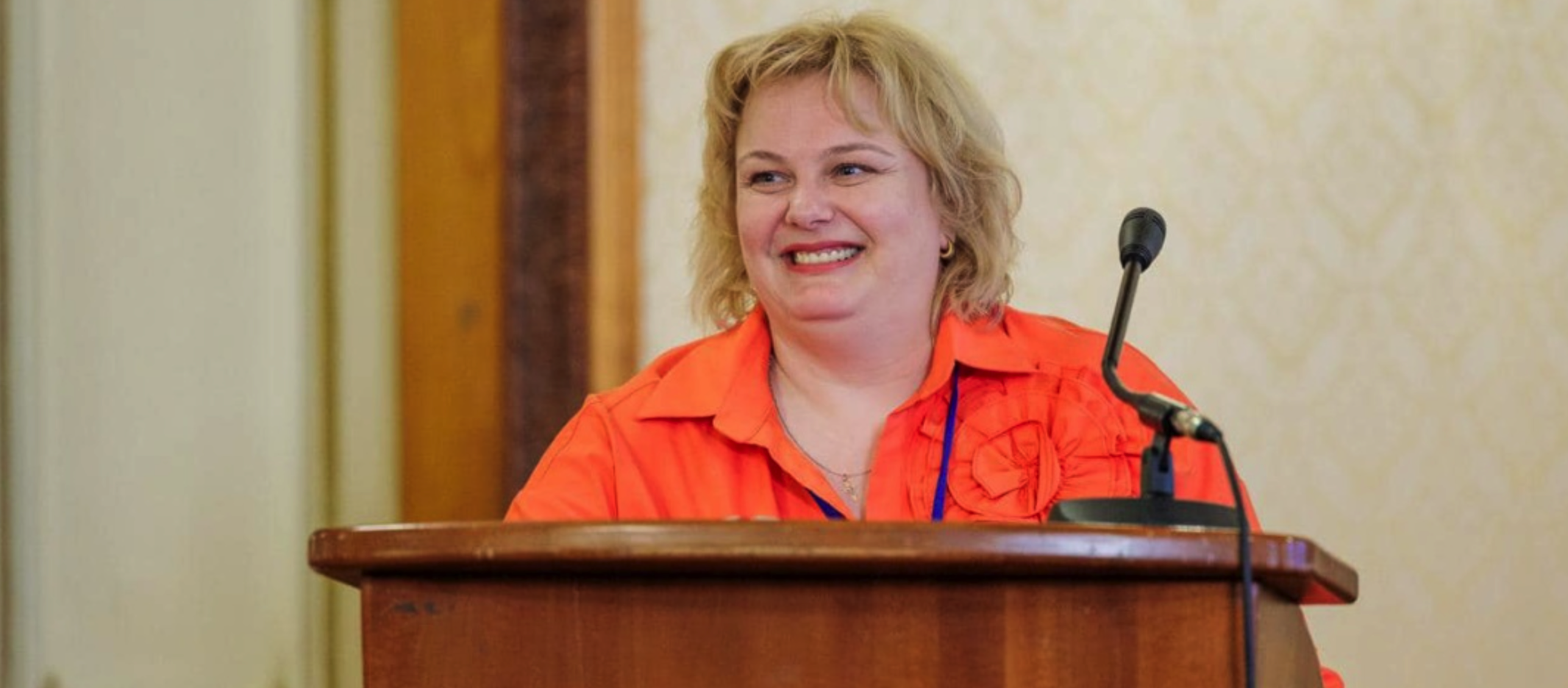
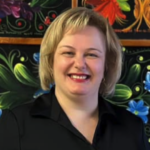
by Lyuba Lyubchyk, chair of the UWC’s International Educational Coordinating Council (IECC).
Source: Lyuba Lyubchyk on Facebook
Koliadky [carols], shchedrivky [New Year carols], and well-wishing songs must be taught to children in educational centers abroad to preserve traditions, and many schools are already successfully implementing this practice.
The pre-Christmas season is the perfect time to organize educational events with Ukrainian children abroad, where they can learn about Ukrainian Christmas traditions through song.
This can include singing both traditional and modern carols at weekly Ukrainian schools, hosting carol festivals in local schools, and engaging parents. It’s also an opportunity to explain the difference between koliada and shchedrivka and share the meaning of these traditions. After the holidays, children can participate in wider community celebrations of Rozkoliada [a post-Christmas celebration].
Koliadky and shchedrivky are an important part of our spiritual heritage, and it’s essential to preserve and pass them on to Ukrainian children living abroad. The best way to do this is by continuing the tradition of caroling from house to house, just like at home – whether in Paris, London, or New York. This experience of Christmas joy, warmth, and the magic of the holiday will remain instilled in children for years to come.
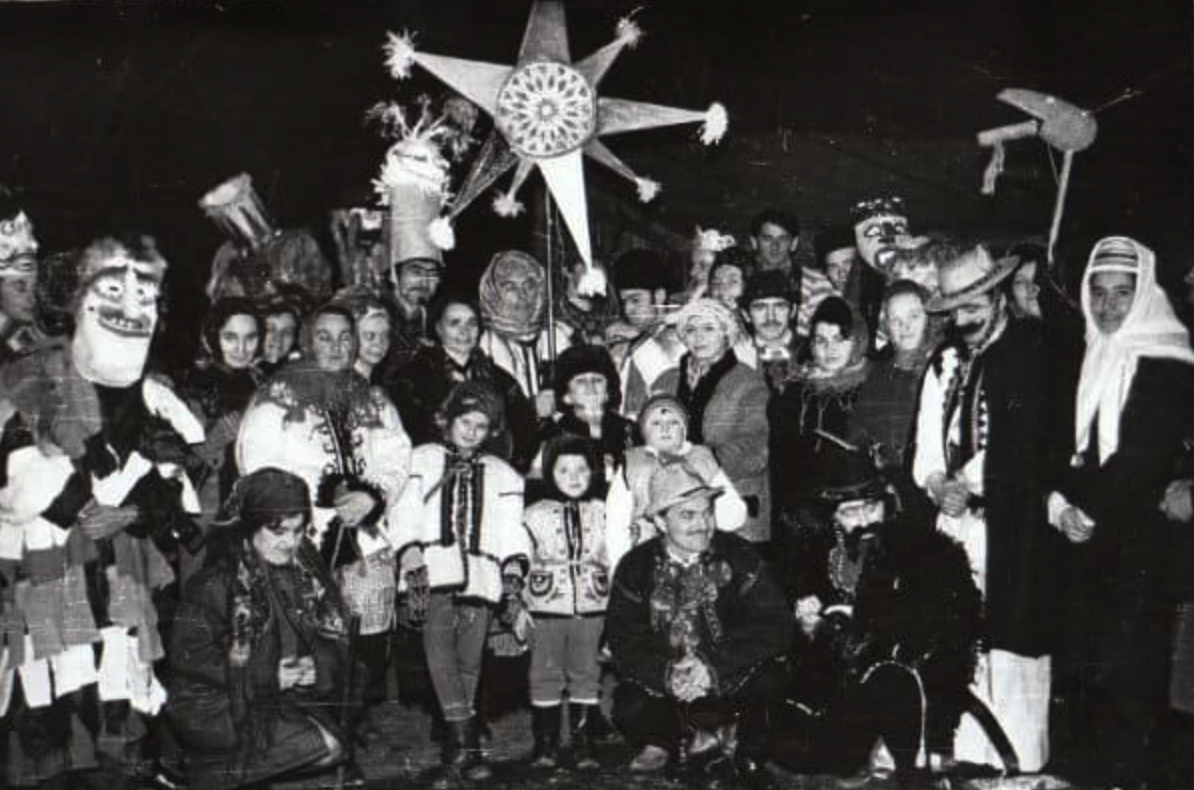
The photo shows the “arrested carol,” a reminder of the events of Jan. 12, 1972, when 19 people were arrested in Lviv and Kyiv for participating in Christmas caroling. They faced threats of execution, torture, psychiatric confinement, and harm to their families. Despite these risks, they took to the streets of Ukraine’s largest cities to ensure that the Ukrainian carol was heard.
Let’s preserve this memory! May this year’s Ukrainian koliadka and shchedrivka be heard on all six continents!
